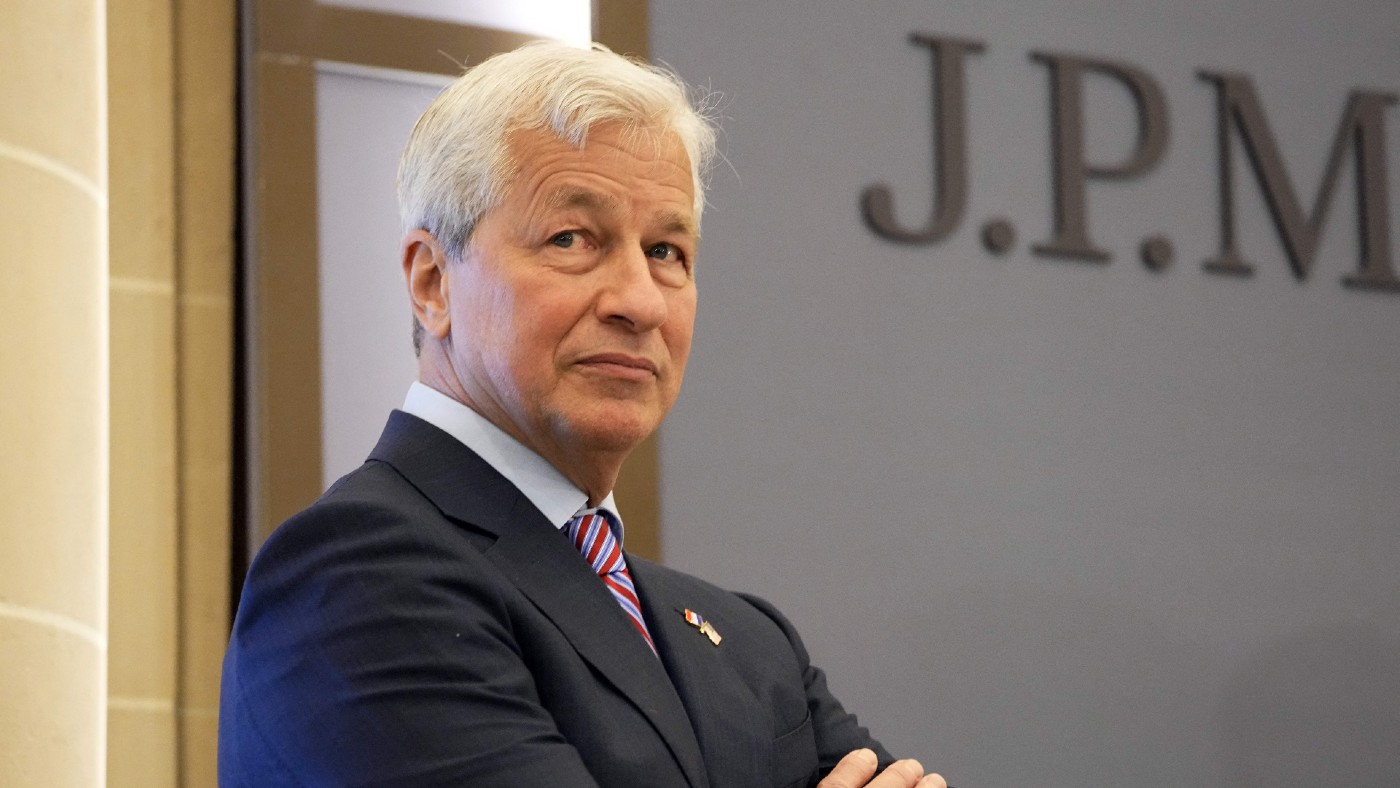The Chase app: challenging the banking challengers
JPMorgan Chase has launched a digital bank in London

A free daily email with the biggest news stories of the day – and the best features from TheWeek.com
You are now subscribed
Your newsletter sign-up was successful
Chasing Blighty
Under CEO Jamie Dimon, JPMorgan Chase “has sought to combat the threat of fintech”, said Ryan Browne on CNBC. Now the Wall Street Bank is heading straight to fintech’s European heartland, launching a digital bank in London this week.
The new outfit, dubbed Chase, will take on a clutch of banking “challengers”, including Monzo, Revolut and Starling – now flourishing as a result of Britain’s “fintech-friendly regulations” – as well as old guard lenders and Wall Street rival Goldman Sachs, which launched its Marcus savings account in 2018. There’s a lot riding on the move: “it marks the first international expansion of JPMorgan’s consumer bank brand in its 222-year history”.
The Week
Escape your echo chamber. Get the facts behind the news, plus analysis from multiple perspectives.

Sign up for The Week's Free Newsletters
From our morning news briefing to a weekly Good News Newsletter, get the best of The Week delivered directly to your inbox.
From our morning news briefing to a weekly Good News Newsletter, get the best of The Week delivered directly to your inbox.
Long haul
The Chase app is the culmination of three years’ development at JPMorgan’s Canary Wharf HQ, “mostly carried out in secret”, said Katherine Griffiths in The Times. The aim is to combine “the nimbleness of a start-up with the financial firepower that comes with being backed by one of the world’s biggest banks”. In June, JPMorgan also bought the UK wealth manager Nutmeg. It won’t be easy, said Lex in the FT. The move “goes against the grain” when big global banks are “cutting back their retail networks”. Britain is already “a very well-banked market”, and big companies can struggle with innovation. “Breaking even could be a long haul.”
Interesting rates
The new venture should “provide a shot in the arm to the stagnant current account market”, said Will Kirkman in The Daily Telegraph. Not least because of its eye-grabbing headline rates. Chase is touting 5% interest to customers – by some distance “the highest rate available on the market today”. There is, of course, “a catch”. That rate will only apply to “small change round-ups” – when the amount deducted from a debit card purchase is rounded up to the nearest pound. As Rachel Springall of Moneyfacts observes, “banking customers looking to switch” should “compare details carefully”. It’s the “overall package” that counts. Many interest-paying current accounts have disappeared over the past year, though there are still a handful to choose from. Virgin Money’s M Plus account pays 2% interest on balances up to £1,000; Nationwide’s FlexDirect account pays 1.98% on balances up to £1,500.
A free daily email with the biggest news stories of the day – and the best features from TheWeek.com